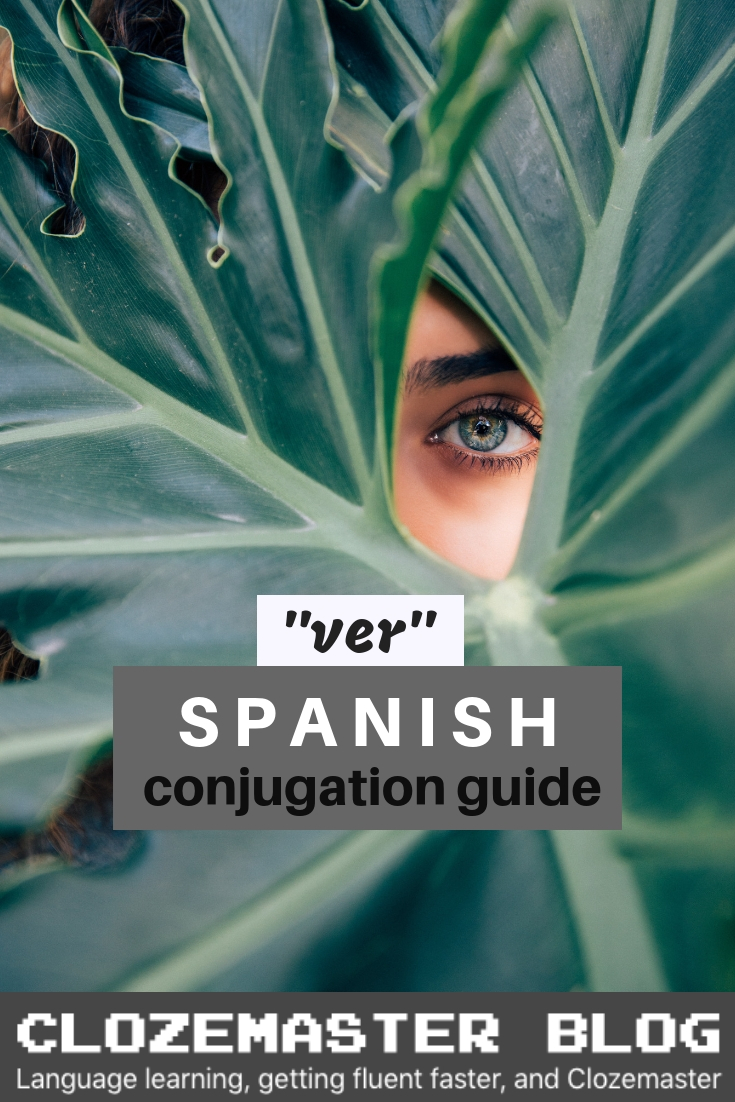
Quienquiera que seas, si no tienes un plan no sobrevivirás ni un día en la universidad. Whoever says that’s ok needs to study a little bit of history. Quienquiera que diga que eso está bien, necesita estudiar un poco de historia. Whatever your dream, you should try following it. Whatever the political situation, the best thing to do is to be objective.Ĭualquiera que sea tu sueño, debes intentar seguirlo. Wherever you go, you’ll always be successful.Ĭualquiera que sea la situación política, lo mejor es ser objetivo. Wherever you are, we’ll always be together.ĭondequiera que vayas, siempre serás exitoso. For instance: dondequiera ‘‘wherever’’, cualquiera ‘‘whichever’’ or ‘‘whatever’’, quienquiera ‘‘whomever’’ or ‘‘whoever’’, comoquiera ‘‘whatever’’ or ‘‘however.’’ĭondequiera que estés, siempre estaremos juntos. It is good that you feel like that.Ĭertain subjunctive sentences do not necessarily start with another clause, sometimes indefinite pronouns can also serve as subjunctive indicators. It is good that you’re friends again.Įs bueno que te sientas así. It is fair that your mom knows the truth.Įs bueno que sean amigos nuevamente. It is fair that they have another opportunity.Įs justo que tu mamá sepa la verdad.

It is sad that you aren’t together anymore.Įs justo que ellos tengan otra oportunidad. – It is sad that she can’t come to the party.Įs triste que uds ya no estén juntos. It is important that you look for another English teacher.Įs triste que ella no pueda venir a la fiesta. It is important that you be more careful.Įs importante que tú busques otro profesor de inglés. It is nice that she speaks three languages.Įs importante que tú seas más cuidadoso. It is nice that you are kind to people.Įs bonito que ella hable tres idiomas. For instance: es bonito que ‘‘it is nice that’’, es importante que ‘‘it is important that’’, es triste que ‘‘it is sad that’’, es justo que ‘‘it is fair that’’, es bueno que ‘‘it is good that’’, among others.Įs bonito que seas amable con la gente. While these types of sentences do belong in the above category, they need to have their own section because there are several impersonal statements that serve as subjunctive indicators. Also, the verbs creer ‘‘to believe’’, considerar ‘‘to consider’’, and pensar ‘‘to think’’ are conjugated in the subjunctive mood in negative sentences and questions. Notice how these sentences contain two clauses joined by the relative pronoun que, which, in turn, introduces the subjunctive in all cases. ¿No crees que yo tenga buenas intenciones? - Don’t you think I have good intentions? ¿No crees que ella sea una buena persona? - Don’t you think she is a good person? – I hope she thinks about other possibilities before making a decision. Yo espero que ella piense en otras posibilidades antes de tomar una decisión. – I don’t consider that to be a good idea. Yo no considero que esa sea una buena idea. She doesn’t think I can find a solution to this predicament. I don’t think he should go to the meeting.Įlla no cree que yo pueda encontrar una solución a este predicamento. She doubts I will talk to her supervisor. I doubt he will buy that house.Įlla duda que yo hable con su supervisor. ¡Ojalá que tú ganes el concurso! - I hope you win the contest. She hopes I will go to her house next Saturday.

I hope you will come to my party.Įlla espera que yo vaya a su casa el próximo sábado. I want you to look for a new apartment. Yo quiero que tú busques un nuevo apartamento. (The O can also stand for the very Spanish expression Ojalá.) Take the acronym WEIRDO which stands for Wishes, Emotions, Impersonal statements, Recommendations, Doubts and Orders. Many struggle to remember which verbs are often used at the beginning of subjunctive sentences, but here is a fun way to do so. The verb in the dependent clause then takes the subjunctive. It is important to remember that in most cases the verb in the first clause has to be conjugated in the indicative mood. Spanish subjunctive sentences normally contain four main parts: a main clause, a dependent clause (or noun in this case), a relative pronoun ( que, quien, como), and a verb.


 0 kommentar(er)
0 kommentar(er)
